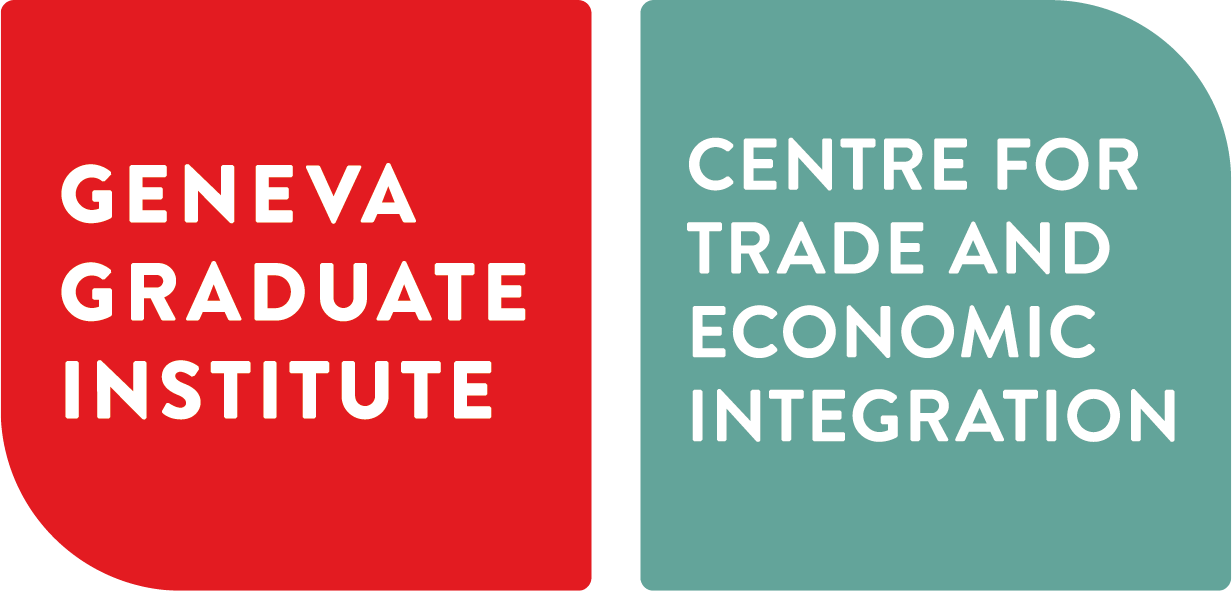Title: Fisheries and Aquaculture Production and Trade: A Multistakeholder Call for Sustainable Growth, Based on Predictable Multilateral Rules and Intrinsic Resilience
Organizer: Food and Agriculture Organization of the United Nations (FAO)
Description: Fish is currently the most traded animal protein worldwide in value terms, characterized by a wide range of product types and participants, making trade global, diverse, and complex. The fisheries and aquaculture sectors expanded significantly in recent decades, with an overall increase in production, trade, and consumption, with many transformations, including production, key producers and traders, and consistent growth importance of developing countries. The sector emerges from the pandemic more resilient and exploring new market opportunities. This Working Session will show how innovation and alternatives in the complex fisheries and aquaculture value chains created business opportunities. It will also present how having WTO rules on fisheries subsidies can contribute to sustainability gains linked to a common good and enhancements of the multilateral trading system. This Working Section will also demonstrate how the FAO Code of Conduct for Responsible Fisheries gained as a significant sustainability catalyzer in 2021.
Title: Making Plurilateral Negotiations Support the Multilateral Trading System
Organizers: Centre for Socio-Eco-Nomic Development (CSEND), Diplomacy Dialogue (DD)
Description: This session will focus on the sub-theme “Strengthening the Multilateral Trading System”. The panellists will assess how plurilateral agreements and plurilateral initiatives could be fully multilateralized or remain plurilateral outside the WTO context and what impact either option would have on the future of the WTO. What impact would either solution (more plurilaterals or multilateralizing of plurilaterals) have on the trading system and on society? Would integration of new plurilaterals (TISA,EGA,IFA) into the WTO lead to more member countries availing themselves to more Cross-sector concession making which in turn could make the WTO more stable and more fitting to face the challenges of the growing complexity of the world trading system? Would the WTO become a more inclusive, multistakeholder, sustainable organization if plurilaterals were multilateralized or would the trading system become more fragmented without such integration of the pluritalerals and of the WTO+ features of FTAs/RTAs?
Title: Digital Trade Governance for Development: Implementation Challenges and Technical Assistance Needs
Organizer: World Bank Group
Description: Informed by key findings from the World Bank Group’s flagship 2021 World Development Report entitled Data for Better Lives, this working session addresses the development dimensions of digital trade and the needs of low-and-middle-income countries for international support to build their capacity to engage in and benefit from e-commerce and the digital economy. This session will first discuss the development dimensions of digital governance before considering possible implementation challenges and the technical assistance support that may help realize the development opportunities associated with global e-commerce norms under discussion among WTO members.
Title: Resilience Through Sustainability: Rethinking the Multilateral System Post-COVID to Deliver for Trade and People
Organizer: European Economic and Social Committee (EESC)
Description: The COVID-19 crisis exacerbates the multilateral framework’s shortcomings. The WTO must embrace its full potential, delivering a fair-trading system that is about people. This means supporting international trade rules, that boost – rather than undermine- social and environmental standards. This session will show complementarity and inseparability of such standards. Supply chains, heavily hit by the COVID crisis, are a striking example of how the three components, trade, environment and social, must come together in the world quest for sustainability. The session will also consider how the WTO can help strengthen institutional cooperation to promote coherence and clarity of rules, recognising the strong, complex and crucial links between trade, social and environmental policies. Organised European Civil Society wishes to explore ways for the WTO to get stronger and more resilient, by reflecting the needs of our societies in the design of a New Sustainable Multilateral System.
Title: Agriculture & WTO in the time of a Pandemic: Looking Towards MC12
Organizers: Third World Network Trust India (TWN India), Madhyam Trust India, Society for International Development Italy (SID)
Description: Global agricultural production and trade, though relatively stable during the pandemic, are soon expected to be severely impacted. FAO has pointed towards the threats to food security, livelihoods and incomes and the need for corrective financial & trade policies. Key outstanding issues are on the table as we go towards the 12th Ministerial Conference. There are also new recommendations from 2020 suggesting an open trade regime. However, addressing the real needs of the pandemic necessitates a methodical assessment of the current needs vis a vis the current negotiations, mapping of the range of Member States’ positions and designing a responsive architecture for agriculture. The Working Session will explore; how MC12 can address the additional challenges posed by the pandemic, and what a reshaped agricultural trade agreement or negotiations spanning outstanding issues on the table along with newer solutions could look like, and what will be its key elements and principles.
Title: Rebooting Multilateral Trade Cooperation: Perspectives from China and Europe
Organizer: European University Institute (EUI), University of International Business and Economics (UIBE)
Description: Rising geopolitical and geoeconomic tensions are undermining the rules-based multilateral trade order and threaten the ability of the WTO to fulfil its functions. This session draws on the findings of a recent project, to be published as a VoXEU e-book in summer 2021, bringing together Chinese and European researchers and practitioners to explore possible paths forward to reboot multilateral trade cooperation. Pursuit of issue-specific cooperation on a plurilateral basis is part of the solution but does not remove the need for balance in the choice of issues put forward for deliberation and negotiation and for systemic WTO reform. Speakers will present specific suggestions for initiatives on matters of common interest to China and the EU and that are critical to revitalizing the ability of the WTO to support efforts to build back better while attenuating key sources of policy tension among WTO members.



